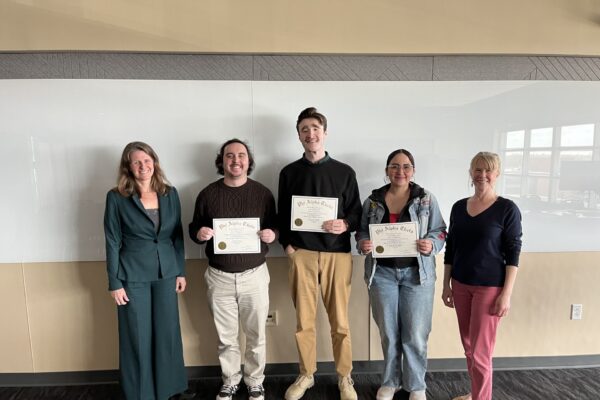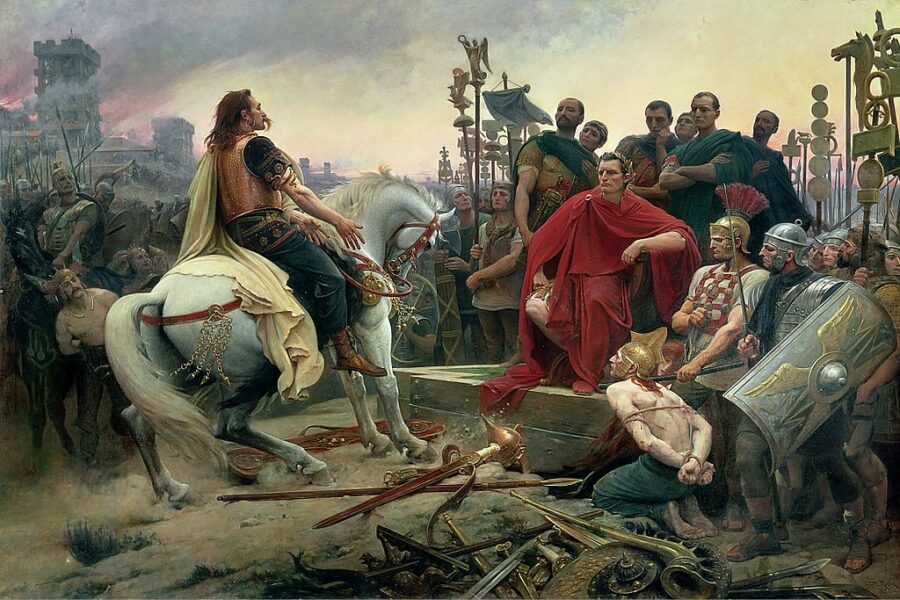
The History Department receives the Classical Studies Program.
This post was originally published on the Classical Studies Program website, so if you want you can hop through this time portal to read it there.
If there is one thing we know about undergraduate students, it is that they are enthralled by the administrative minutia of the university system. So we are happy to announce that your favorite (and only) IU-Indianapolis Classical Studies Program has moved from its home in the World Languages and Cultures Department, to its new home in the History Department! What does that mean for you, our dear students past and future? Absolutely nothing at the moment. But we hope that this will eventually lead to more productive collaboration, everything from student activities to ground breaking faculty research.
To celebrate, and because I have now run out of things to say, here is our now traditional segment, where I try to anticipate and answer questions that you might have after learning of this move. Or I ask questions that I want to answer. The pictures are just for fun.
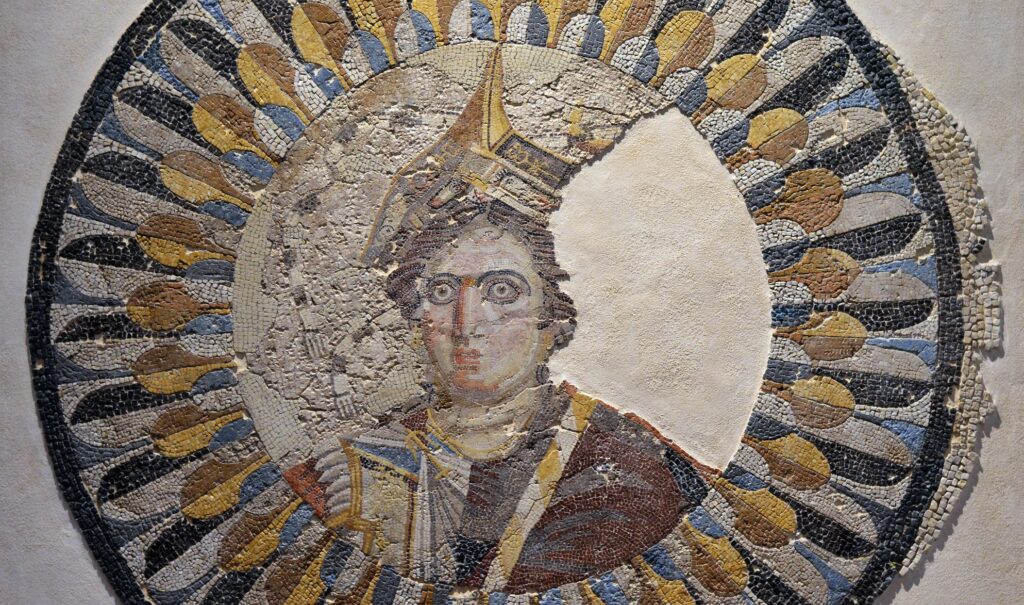
Yes, this is an extremely startled woman wearing a ship’s prow for a hat. Why do you ask?
Q: Why wasn’t Classical Studies Program part of the History Department already?
You might think there is a profound answer to this, but there’s not. Because Classical Studies is multidisciplinary by nature (it’s the study of everything, just in the past), Classical Studies professors can end up in all sorts of different departments, depending on their specialties and how their university developed. In the case of IUPUI, Classical Studies originally ended up in the World Languages and Cultures Department, because that’s how the divine card hand played out.
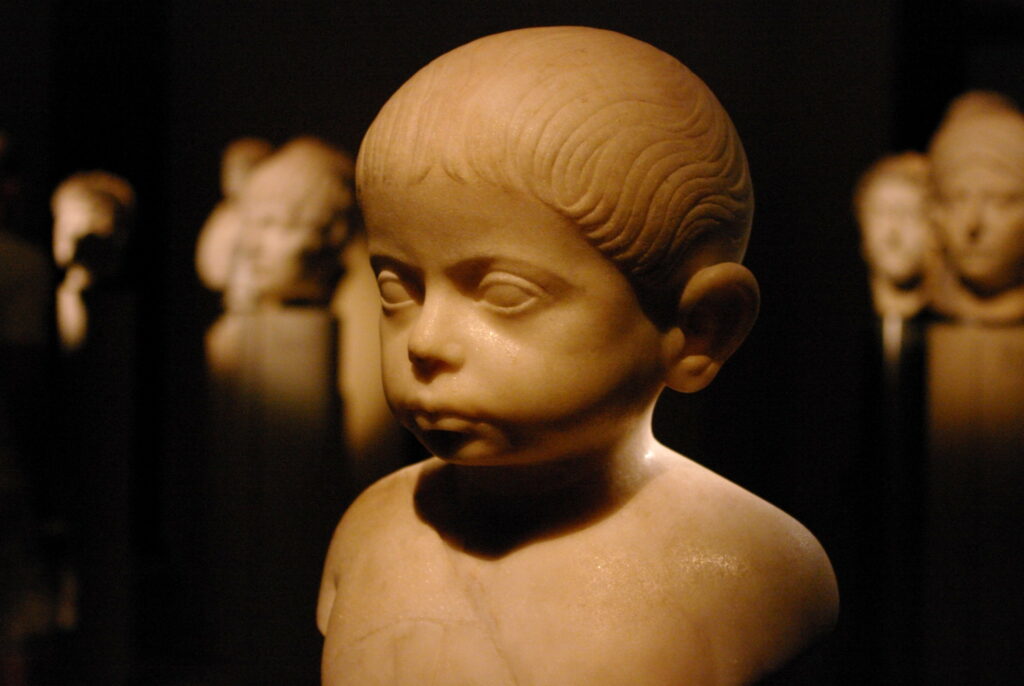
I see dead people.
Q: Why is the Classical Studies Program moving departments now?
I don’t know, man, it just is. If there is a greater purpose in all of this, I have long forgotten what it was. Maybe we really tie the room together.
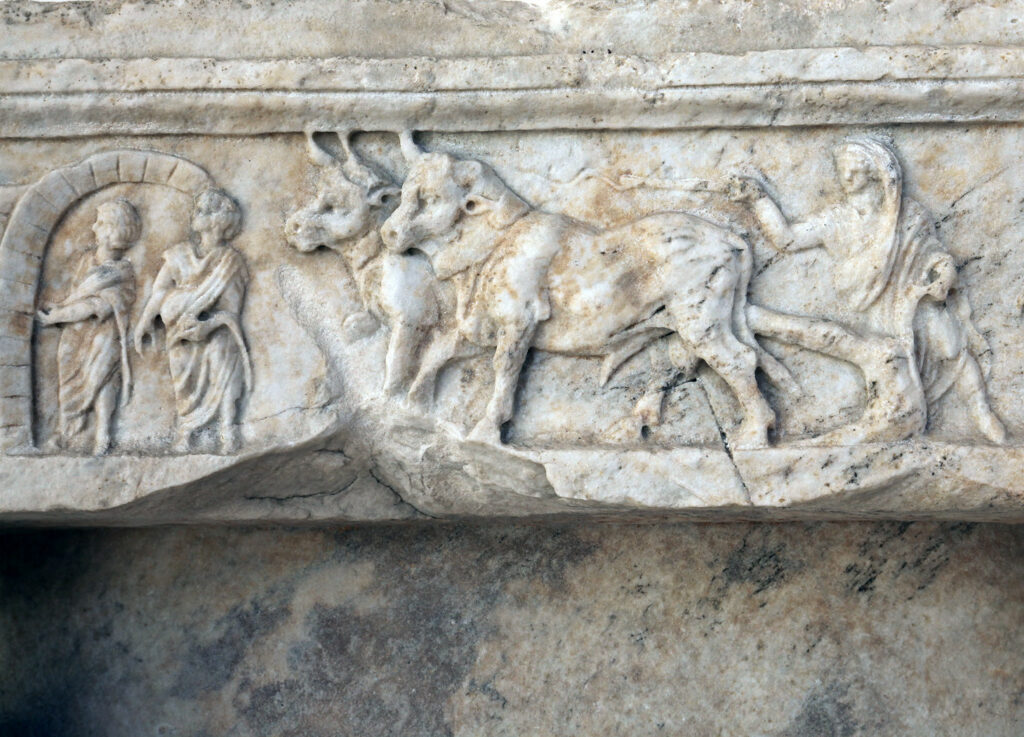
Although Ancient Farmer Man terrified the people of Gotham, he failed to find purchase as a popular Batman villain.
Q: Isn’t Classical Studies just a kind of History anyway?
I beg your pardon! You better not let Julius Caesar hear you talk like that. Classical Studies is a rich tapestry of different methodologies and interests, blending philosophy with archaeology, literary criticism with dense quantitative linguistic analysis. Yes, Ancient History is one of the many threads of that tapestry, with its own methods and research questions, but it is not the entire woven work. Also, as an archaeologist, I would challenge a historian to a weave-off anytime, since I have to know how a loom actually works. Also also, one time when I was in the field for an excavation, I opened a box, and had a bunch of irate and terrified cats jump out at my face. That sort of thing does not happen in History.
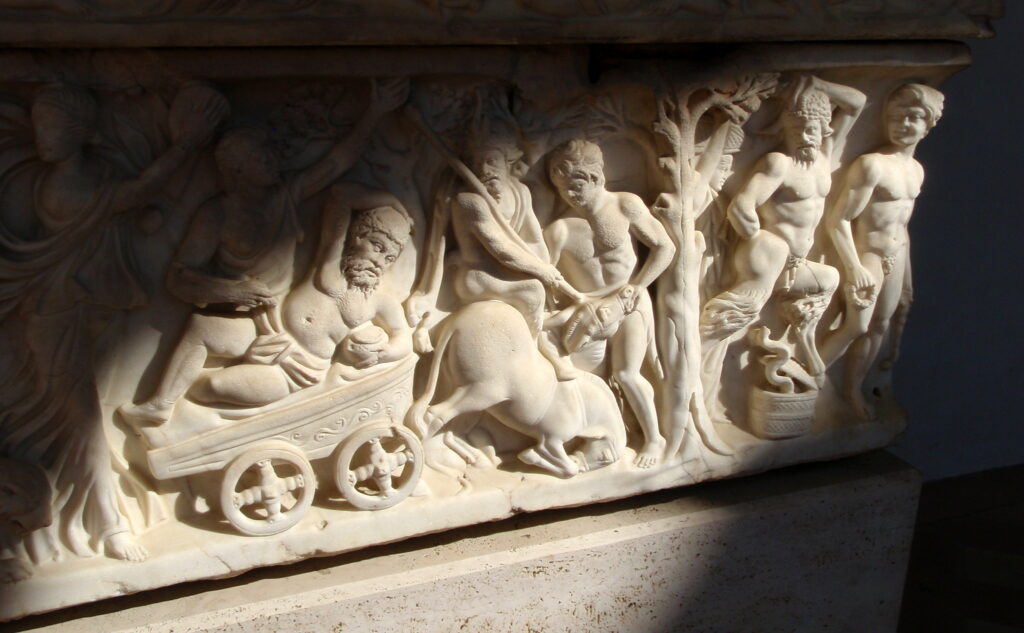
Drunken fool voguing in a wagon while a donkey break dances nearby? Goat man strutting above a snake in a basket? Pose, eat your heart out.
Q: What was that about a box of cats?
It’s a long story. Take one of my classes some time, and ask me about it.


